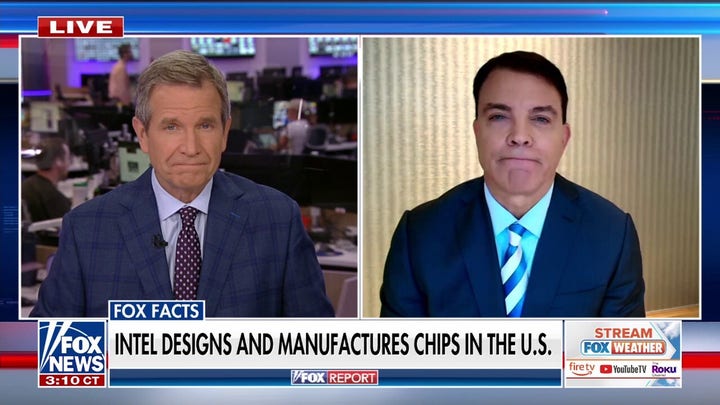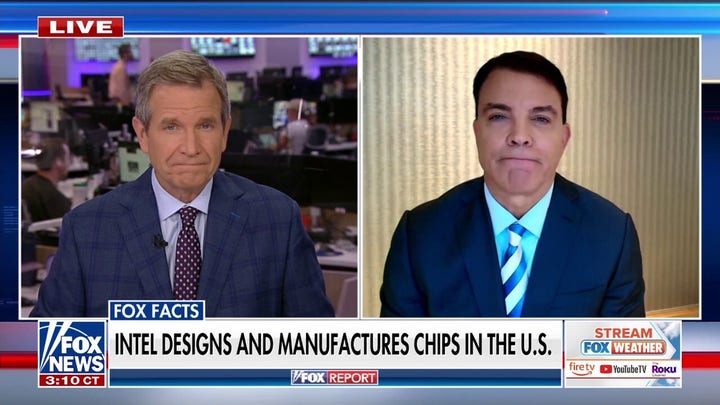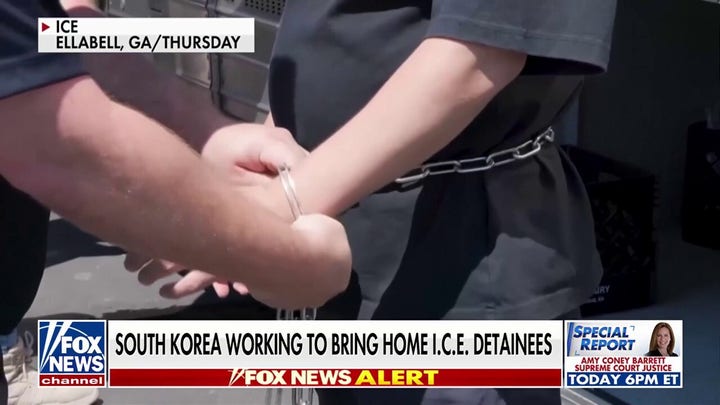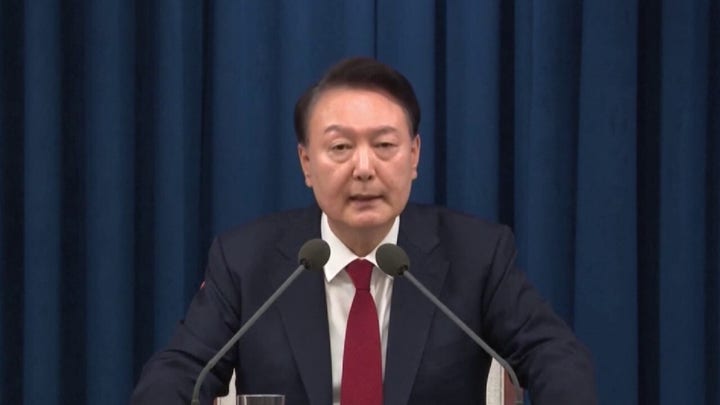It has been a turbulent yet inspiring year for Koreans. A declaration of martial law last winter plunged the nation into uncertainty, but what followed was not chaos – it was the reaffirmation of a people’s unshakable faith in democracy.
The ‘Revolution of Light,’ culminating in the peaceful election of a new government, reminded the world that the Republic of Korea’s constitutional order rests not on the will of any ruler, but on the collective conscience of its citizens.
Some observers abroad have mistaken the intensity of Korea’s political transition for fragility or deviation from democratic norms. In truth, such intensity is the very pulse of democracy itself. Our debates are often fierce, our elections passionately contested, yet our institutions endure. That resilience – born of experience, sacrifice, and civic discipline – is Korea’s greatest democratic asset.
Since taking office, President Lee Jae Myung has acted swiftly to reinforce the foundations of democracy at home and to renew the Republic of Korea’s partnership with the United States. In word and deed, President Lee has recognized the vital importance of the ROK-U.S. alliance and strengthened pragmatic cooperation with President Donald Trump, and put our interlocking security and economic objectives, and shared values at the heart of his agenda.
This approach reflects Korea’s confidence as a mature democracy and responsible global partner. President Lee views the alliance not merely as a legacy of the past, but as a living partnership, adapting to new challenges – from regional security and economic cooperation to advanced future technology.
This vision was clear at their August summit, where the two leaders spoke with candor and mutual respect, underscoring their shared determination to build what they called a ‘Future-Oriented Comprehensive Strategic Alliance.’ President Trump’s remark, ‘We’ve gotten along very well,’ captured the new tone of trust shaping this alliance.
President Lee and the whole of the Korean government have meticulously ensured that even as we focus on restoring our democratic system, we not flail for one second in our responsibilities as friend and ally. This makes certain commentaries – portraying Korea’s new leadership as undemocratic, illegitimate or even hostile to religion – so bewildering and saddening. Such claims, often repeated in online forums and even on opinion pages, bear little resemblance to facts and hinder our joint efforts for real solutions.
Let’s set the record straight: The government of the Republic of Korea was democratically elected. President Lee prevailed in a fair and transparent vote recognized around the world for meeting the highest election standards. Neither Korea’s independent judiciary nor its opposition parties objected to the result.
Since then, the principles of the rule of law have been scrupulously observed. Ongoing legal proceedings concerning the previous administration’s declaration of martial law and other alleged abuses of power are being conducted by independent prosecutors appointed by the National Assembly – not by the Presidential Office. These legal proceedings demonstrate the rule of law, not the erosion of it.
Equally unfounded are recent claims that the new government is ‘anti-Christian.’ Such narratives appear to arise from ongoing investigations into bribery allegations involving church funds, but for people familiar with Korea, the notion of prejudice is demonstrably absurd.
Christianity, along with Buddhism and other faiths, has played an integral role in Korea’s social and cultural life. Christian missionaries helped establish many of the nation’s leading educational and medical institutions, countless Christians sacrificed their lives for Korea’s independence from Japanese colonial rule.
Today, a large share of Korean population identifies as Christian, with millions of both Protestants and Catholics contributing to the fabric of Korean society. These individuals, like people of all faiths, continue to play a vital role in civic life, community service and the pursuit of national unity.
President Lee himself is a man of Christian faith. He and his administration have the deepest respect for freedom of religion and expression, which our Constitution enshrines. They, like all Koreans, are unambiguously proud of the legacy of Christianity and believe freedom of religion in the Republic of Korea rivals that of any place in the world.
To portray legitimate, lawful efforts to restore democratic order as a campaign against Christianity is not only misleading, but it undermines Christian legacy and respect for religious freedoms that are central to Korea’s democratic values.
As Koreans committed to democracy, vigorous debate and even disagreement are more than welcomed. It is what the new Korean government strove so vigorously to safeguard these past four months. But mischaracterizing all that has occurred does nothing to advance mutual understanding or produce real solutions for the Koreans and Americans alike.
The Republic of Korea and the United States have sustained our alliance through eight decades of bravery and sacrifice. Today’s challenges require nothing less. Under President Lee’s government, Americans can be assured that they have a friend and partner who shares core values and is committed to the success of both of our nations.
Look no further than their summit on Aug. 25 where the two leaders ushered in the era of a ‘Future-oriented Comprehensive Strategic Alliance’ – one that looks confidently toward a more secure, democratic and prosperous future for both nations. Korea’s story is not one of uncertainty but of conviction: that a free people, tested by history, can renew both their democracy and their alliance with courage and grace.




